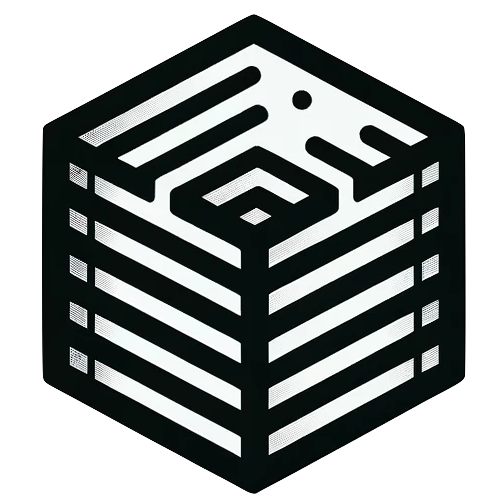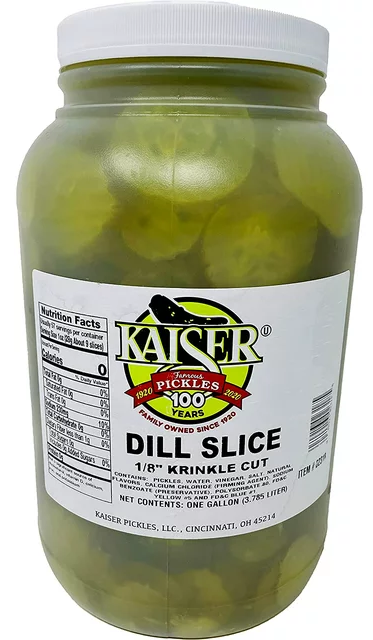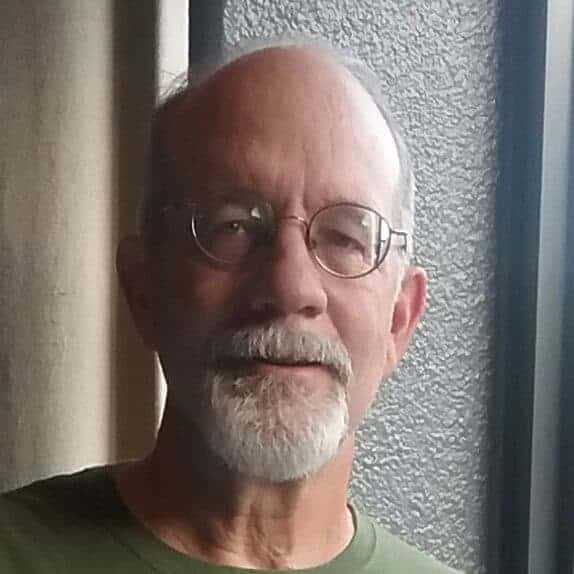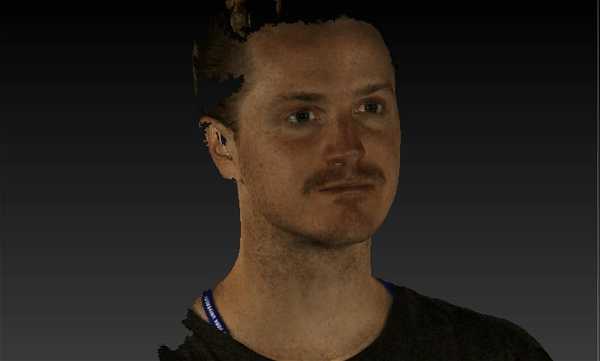3D Scanning Tutors & Services: 1-on-1 Online Zoom Training






We are a team of tutors and freelancers that are hireable on an as-needed basis for professional help with your projects.
Enhance your 3D Scanning skills with 1-on-1 customized online training or get professional services. Get a free 15-minute consultation now!
3 Types of Service
Tutoring
Customized 1-on-1 tutoring sessions. Don't waste time & money in class. Learn only what you need for your specific projects, and nothing more!
Collaborative
Share screens with us to cut costs and learn along the way. More communication increases our understanding of your project.
Contract
Hourly rate or fixed price for agreed upon deliverables and deadlines.
Our 3D Scanning Tutors & Freelancers
3D Scanning Gallery
0 Reviews for Tutors & Services
3D Scanning Services We Provide
Architectural Scanning
Architectural Scanning involves the use of advanced 3D laser scanning technology to capture precise, detailed, and accurate measurements of existing structures, interiors, and exteriors. This service aids in the creation of comprehensive digital models and blueprints, facilitating renovations, restorations, and space planning by providing a reliable reference for architects, engineers, and construction professionals.
Medical Imaging Scanning
Medical Imaging Scanning: Utilizing advanced 3D scanning technology to create detailed and accurate digital models of anatomical structures, aiding in diagnostics, surgical planning, and treatment. This service provides high-resolution scans that enhance visualization for healthcare professionals, ensuring precise and effective medical care.
Forensic Scanning
Forensic Scanning: Forensic Scanning utilizes advanced 3D scanning technology to capture precise and detailed digital replicas of crime scenes, evidence, and other crucial forensic materials. This sub-service enables forensic experts to preserve and analyze scenes with unparalleled accuracy, enhancing the investigation process and supporting the delivery of robust, courtroom-ready visual documentation.
Heritage Preservation Scanning
Heritage Preservation Scanning provides high-resolution 3D scans of artifacts, historical sites, and culturally significant objects. This service ensures accurate digital preservation, enabling detailed analysis, restoration planning, and virtual sharing with future generations while maintaining the integrity of valuable heritage assets.
Virtual Tour Scanning
Virtual Tour Scanning offers a comprehensive 3D scanning service that captures high-resolution, interactive models of real-world spaces. By combining advanced imaging technology with expert spatial analysis, our service creates immersive virtual tours that allow users to explore environments from anywhere in the world. Perfect for real estate, tourism, museums, and education, our Virtual Tour Scanning service transforms physical locations into dynamic, engaging, and accessible digital experiences.
Industrial Inspection Scanning
Industrial Inspection Scanning provides high-precision 3D scanning services to evaluate and ensure the integrity, quality, and accuracy of industrial components and assemblies. Utilizing advanced scanning technologies, this service captures detailed measurements and produces comprehensive digital models to identify defects, verify dimensions, and compare against design specifications, enabling efficient quality control and preventive maintenance in industrial applications.
Not sure what you need?
Contact us, and we can point you in the right direction.
About Our Tutors
ON-DEMAND PROFESSIONALS
We are a team of tutors and freelances that are hire-able on an as-needed basis for professional help with your projects. Call us with a quick question, or a big project. Our availability is flexible. We have a variety of skillsets and prices.
SCREEN-SHARE TUTORS AND FREELANCER
We teach remotely, so you can learn from the comfort of your home, from the jobsite, or from the beach! We teach classes via Zoom screen-share, so we can see each others' screens and cursors. It can take hours to search online for 1 simple piece of information, but just minutes to ask your private tutor. Don't struggle alone, get help from a real person online!
Remote & On-Demand Help

3D Scanning Tutors and Services
Get on demand 3D Scanning classes! We are a team of tutors and freelancers that are hire-able on an as-needed basis for professional help with your projects. Call us with a quick question, or a big project. Our availability is flexible. We teach remotely, so you can learn from the comfort of your home, from the jobsite, or from the beach! We teach classes via Zoom screenshare, so we can see each others' screens and cursors. It can take hours to search online for 1 simple piece of information, but just minutes to ask your private tutor.
Advantages of Online Tutors and Services
Effective
The process of learning 1-on-1 with a live tutor lets you actively participate in the learning. You can immediately repeat a concept in your own words, ask clarifying questions, or demonstrate a concept back to your tutor to ensure understanding.
Efficient
Save time and resources by learning from the comfort of your home. Avoid commuting expenses and focus on learning only the tools you need with personalized lessons tailored to your specific workflow.
Recordable
No need to take notes! We record your lessons so you can replay them at your own pace later. Keep these recordings for future reference and reinforce your learning whenever needed.
Fun
Learning with a dedicated tutor makes the experience enjoyable and interactive. Discuss problems, practice together, and enjoy the human conversational element that brings life to online learning. Reach out anytime you need assistance!
Tutors & Services Philosophy
Don't Learn Alone
Professionals these days are sitting alone and staring at their computers. They spend years searching online for tools that will increase their workplace efficiency. They hunt through forums and watch lengthy videos, trying to find the right pieces of information.
Sometimes they just have one small question that would take a person two minutes to answer, but customer support lines are a thing of the past. Big companies will direct you to an FAQ that will hardly begin to answer your question.
Bring Back the Human Connection
We strive to bring human connection back to the work environment. Our tutors work directly with you to solve your problems, similar to the way an apprentice works hand-in-hand with a skilled professional.
Screen-share technologies like Zoom have allowed us to work together in real time. We can see each others' screens and cursors. We can switch from one screen to another to easily share information. We can even turn on our webcam for a more human interaction.
Tutors, Services, or Both
Sometimes our clients want to learn a program from beginning to end; sometimes they completely hand over the services to us; and other times, they want something in between.
Some clients want to be able to use the program on a basic level and let us do the hard stuff. Others want to co-work with us, supervising our work to ensure their artistic vision is realized. Along the way, they may learn some tools of the trade.
By the end of the process, some clients are able to wean themselves completely off of our services and are empowered to do the work themselves. If they get stuck or behind on a deadline, they use us as a lifeline. They can call anytime—even if it’s just a 10-minute question—we are here to help.
3D Scanning FAQs
What are the different types of 3D scanners available?
The different types of 3D scanners available include: 1. Laser Triangulation Scanners 2. Structured Light Scanners 3. Time-of-Flight (LiDAR) Scanners 4. Photogrammetry 5. Contact Scanners 6. White Light Scanners 7. Handheld 3D Scanners 8. Desktop 3D Scanners 9. Aerial 3D Scanners (Drones) 10. Portable 3D Scanners
What is the accuracy of 3D scanning?
The accuracy of 3D scanning can vary depending on the technology and equipment used, but high-end 3D scanners can achieve accuracies up to 0.01 mm or better.
How long does the 3D scanning process typically take?
The 3D scanning process typically takes anywhere from a few minutes to several hours, depending on the size and complexity of the object.
What file formats are supported by 3D scanning software?
3D scanning software typically supports file formats such as STL, OBJ, PLY, and sometimes even more specialized formats like 3MF, WRL, and XYZ.
What are the main applications of 3D scanning?
The main applications of 3D scanning include reverse engineering, quality control and inspection, rapid prototyping, cultural heritage preservation, medical imaging, animation and gaming, construction and architecture, and virtual reality experiences.
What are the minimum system requirements for running 3D scanning software?
The minimum system requirements for running 3D scanning software typically include: a multi-core processor (Intel i5 or higher), 8GB of RAM, a dedicated graphics card with at least 2GB of VRAM (NVIDIA GeForce GTX or equivalent), 2GB of available hard disk space, and a compatible operating system (Windows 10/11 or macOS 10.13 or higher).
How much does 3D scanning typically cost?
3D scanning costs can vary widely, typically ranging from $100 to $700 per hour for professional services, with the total cost depending on factors such as the complexity of the object, the level of detail required, and whether post-processing work is needed.
Can 3D scanning be used on reflective or transparent surfaces?
Yes, but reflective or transparent surfaces often require special preparation, such as applying a temporary coating, to capture accurate data.
What is the maximum size of an object that can be scanned?
The maximum size of an object that can be scanned varies depending on the 3D scanner being used, but some industrial 3D scanners can handle objects as large as a car or even an entire building.
How can I ensure the best quality in my 3D scan?
To ensure the best quality in your 3D scan, make sure to use good lighting, maintain a steady hand or use a tripod, capture your subject from multiple angles, calibrate your scanner properly, keep your scanner and subject still during the scan, and utilize high-resolution settings where possible. Additionally, clean the subject of any dust or debris and avoid reflective or transparent materials as they can interfere with the scanning accuracy.
Your 3D Scanning Experts
More Services We Provide
More Software we Teach
